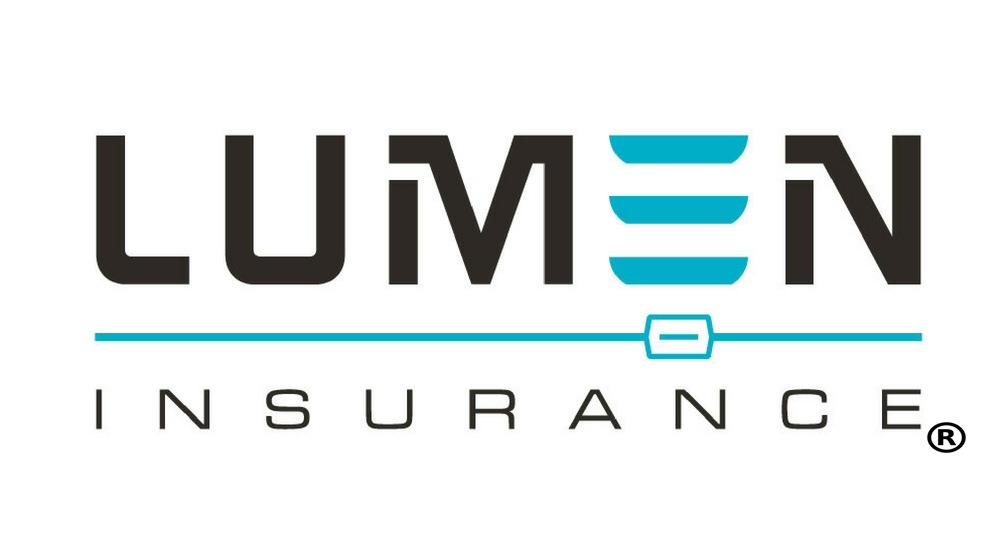
In the world of commercial insurance, policyholders often find themselves navigating through complex documents filled with industry jargon and technical terms. The majority of startups don’t
read their insurance policies. They “skim” the details in the declaration pages often referred to as the dec pages. One crucial aspect of any commercial insurance policy is the dec pages, which provide a summary of coverage and key policy details.
However, relying solely on these
dec pages can be akin to looking a solar eclipse without the proper eye protection. In this blog, we’ll explore why it’s essential not to get blinded by your dec pages and why it is a good idea to dive deeper into your commercial insurance policy.
Understanding Dec Pages
Dec pages, or coverage summaries, are typically the first few pages of an insurance policy. They serve as a snapshot of the policy’s key features, including coverage limits, deductibles, and premiums.
For many policyholders, deck pages are the go-to reference point for understanding their insurance coverage at a high level.
The Pitfalls of Reliance
While dec pages offer valuable insights, they often provide only a surface-level understanding of the policy. Relying solely on dec pages can lead to several pitfalls:
- Incomplete Information: Dec pages may not capture all the nuances and endorsements included in the policy. Omitting these details can result in misunderstandings about coverage exclusions or limitations.
- Changes Over Time: Commercial insurance policies can undergo revisions and endorsements throughout the policy period. Relying solely on the dec pages without reviewing updated policy documents can leave policyholders unaware of changes that may affect their coverage.
- Limited Scope: Dec pages may not adequately convey the scope of coverage or specific policy conditions. Without delving deeper into the policy wording, policyholders may overlook critical provisions that could impact a claim.
Diving Deeper
To avoid the pitfalls associated with relying solely on deck pages, policyholders should take proactive steps to understand their commercial insurance policy:
- Read the Fine Print: While it may seem daunting, investing time in reading the entire policy document can provide a comprehensive understanding of coverage, exclusions, and conditions.
- Seek Clarification: If any terms or provisions are unclear, don’t hesitate to reach out to your insurance agent or broker for clarification. They can provide insights and guidance to ensure you understand your coverage fully.
- Review Endorsements: Pay attention to any endorsements or amendments to the policy, as they may modify or add coverage beyond what is outlined in the deck pages.
- Conduct Regular Reviews: Periodically review your policy documents to stay informed about any changes or updates that may impact your coverage.
While dec pages offer a convenient summary of commercial insurance coverage, they should not be the sole basis for understanding your policy. By diving deeper into the policy wording, reviewing endorsements, and staying informed about changes, policyholders can avoid being blinded by their deck pages and ensure they have a comprehensive understanding of their insurance coverage. Remember, when it comes to commercial insurance, knowledge is power and informed policyholders are better equipped to protect their assets and mitigate risks effectively.


